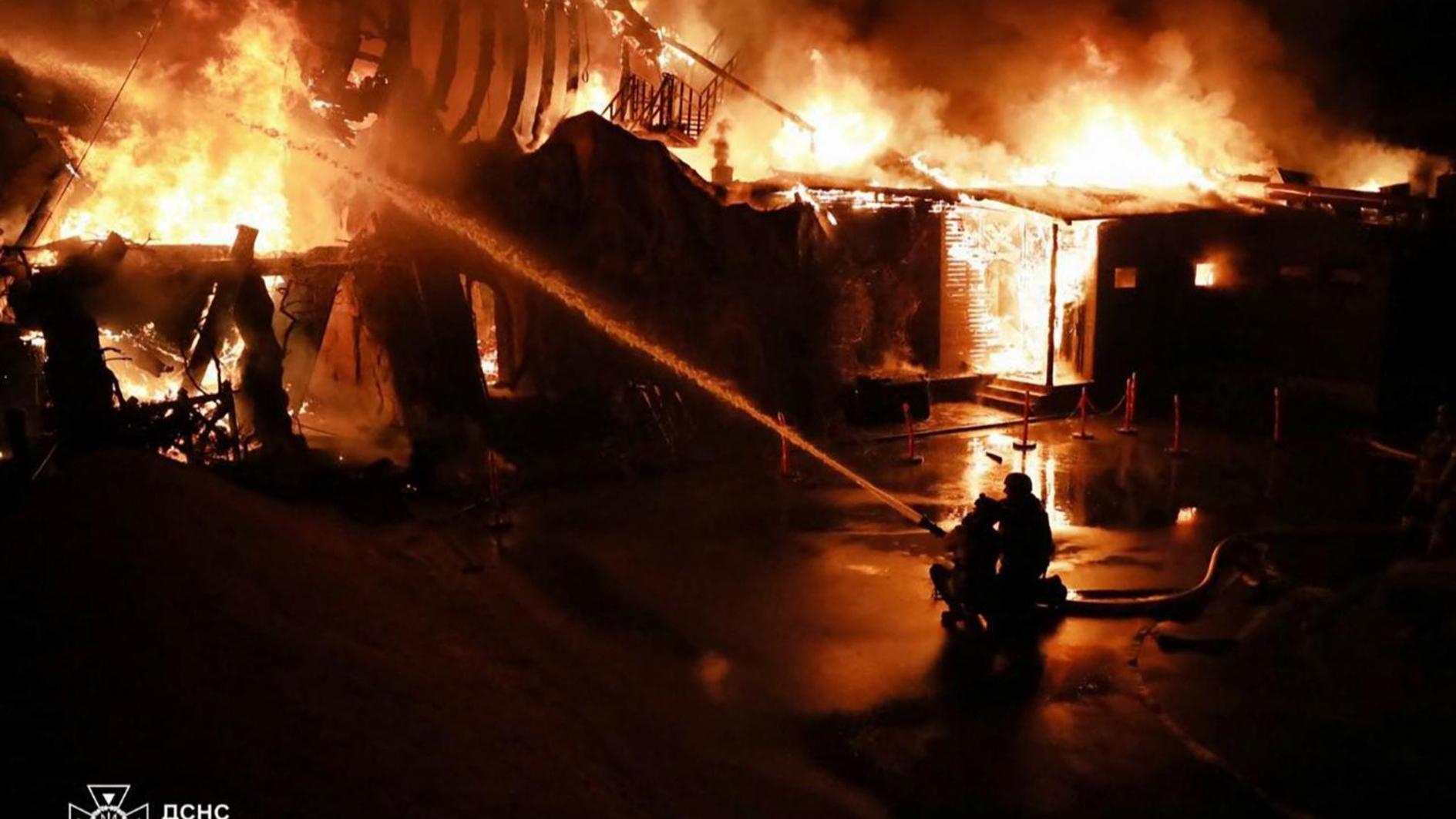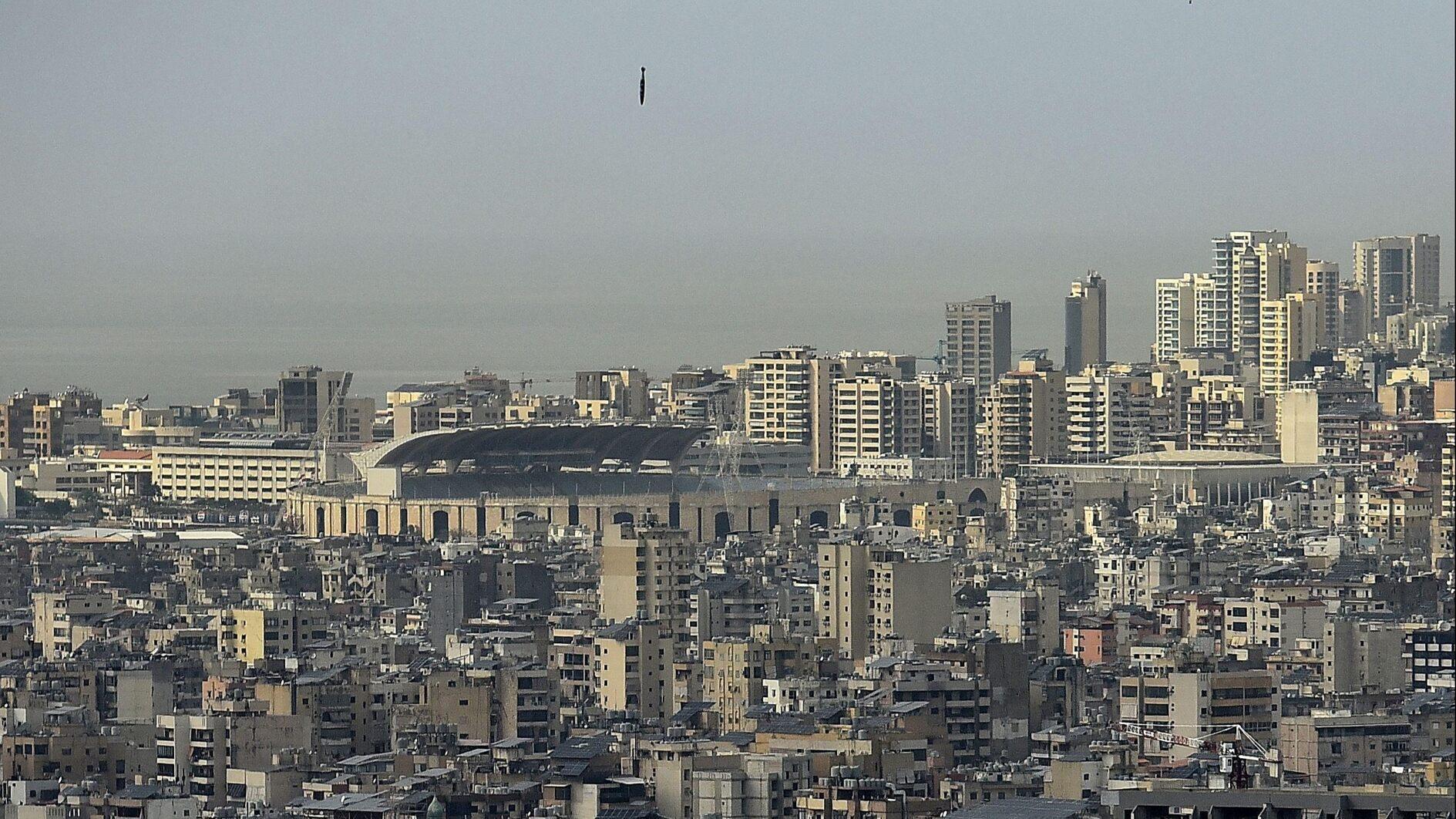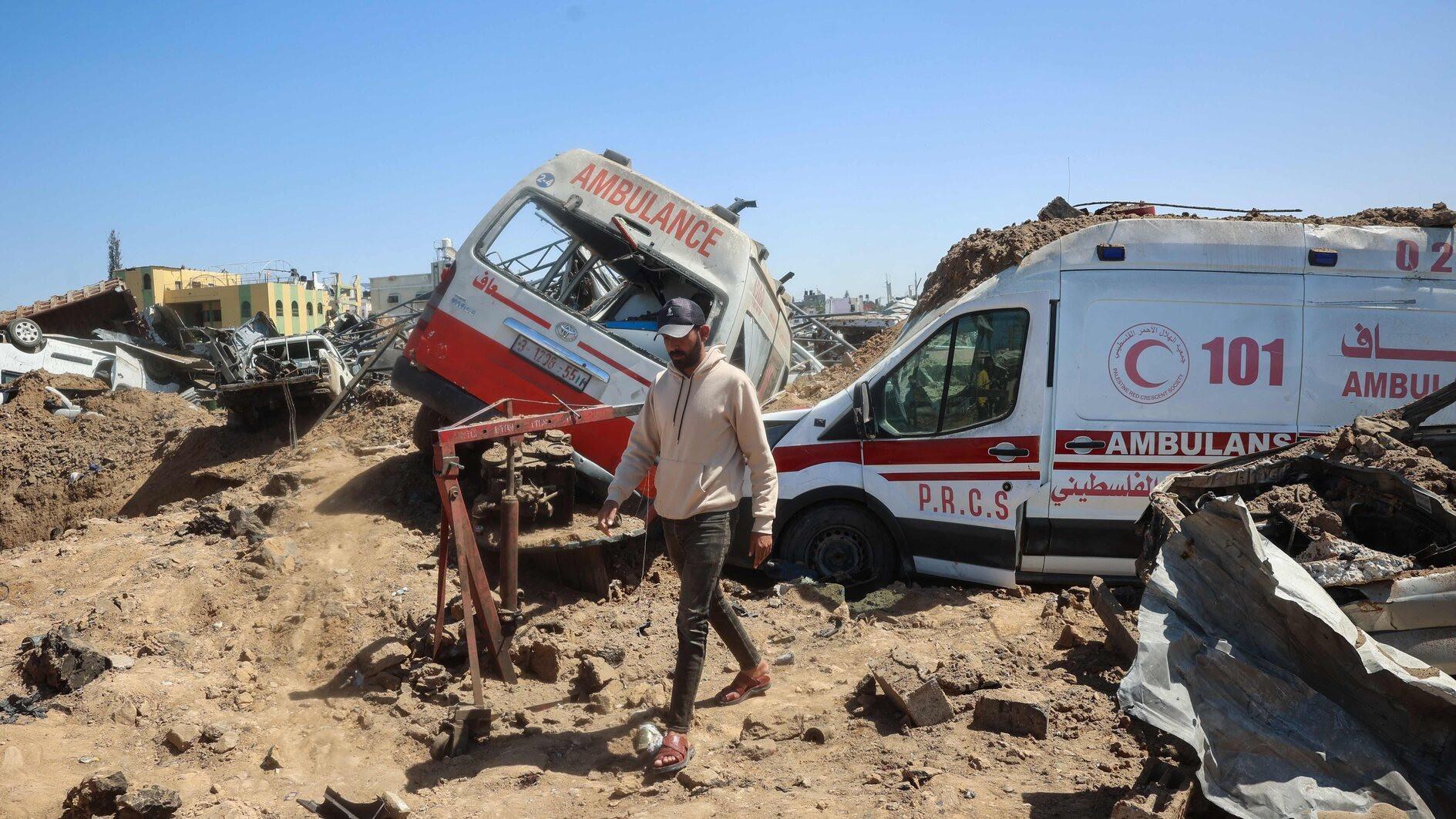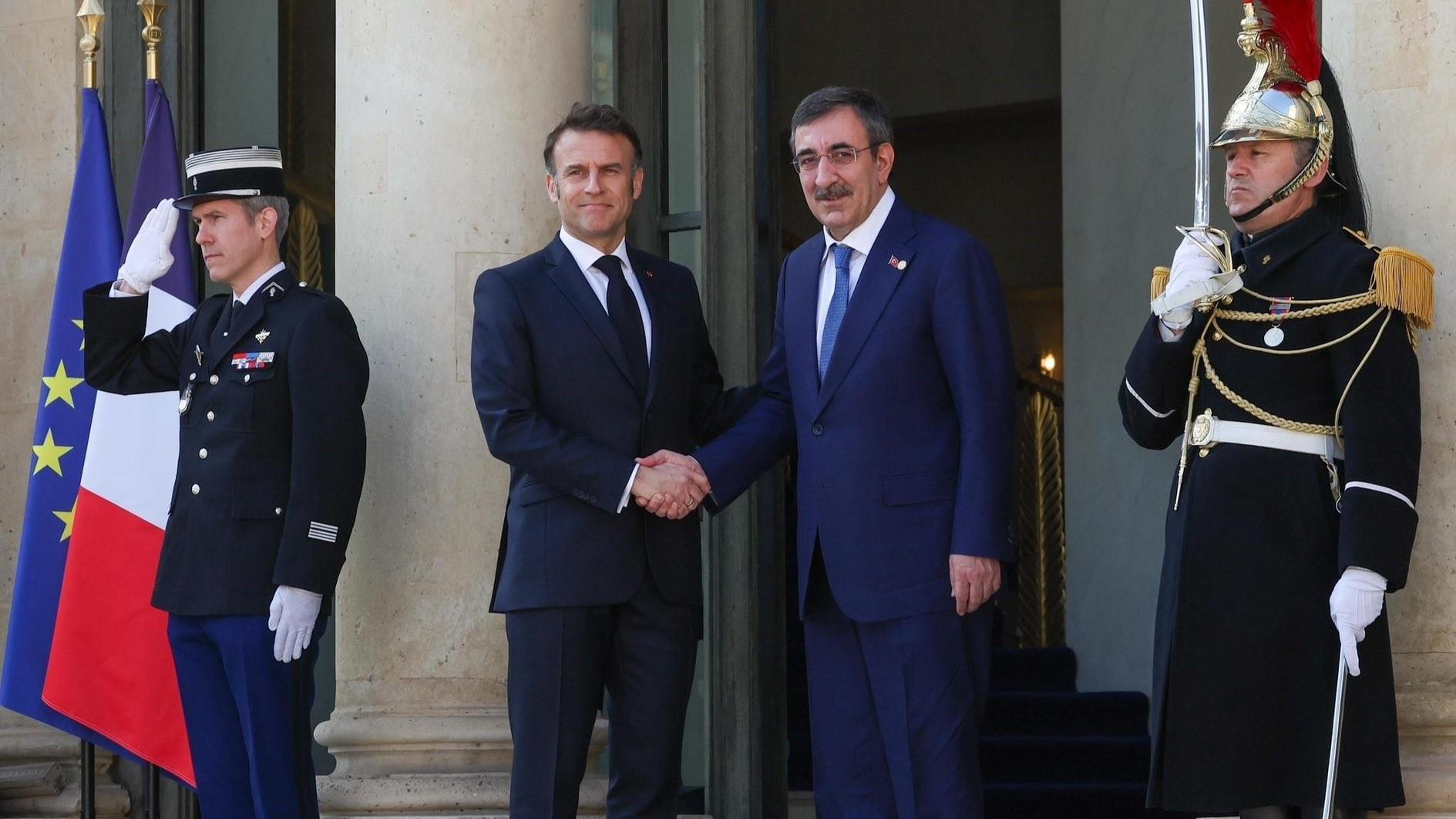The other side of the coin in cutting off KRG oil flow
I have always believed that choking the Kirkuk-Yumurtalık pipeline would be a punishment to Iraq as a whole and not only to Kurdistan Regional Government (KRG) President Massoud Barzani and his team. I wrote about this a number of times and uttered it on television shows.
That is because I knew that abiding by the Iraqi constitution would mean the profits coming from oil had to be handed to the Iraqi central government which then would hand 17 percent of the incoming profits to the KRG, following the Unites States’ 2003 occupation of Iraq. (As the Iraqi constitution was being written, Turkey, which had previously defended the notion of “Profits coming from the Iraqi natural reserves belong to all Iraqi people,” also supported this regulation.)
Agreement with Arbil despite ‘way paved for independent state’ warnings
But on Sept. 27, KRG Prime Minister Nechirvan Barzani said, “We have an agreement with Turkey. They cannot cut off the pipeline.” Then, a minister who worked in the high ranks of the ruling Justice and Development Party (AKP) argued that my information on the “83/17” sharing was incomplete. Because, in pursue of a contract Ankara and Arbil signed, Ankara would buy oil directly from the KRG, bypass Baghdad and its “83/17” rule, and in return, Turkey would pay the KRG by putting the money in a state-run bank in Turkey under a KRG account.
Ankara had guaranteed Baghdad that “Turkey is keeping account of every penny paid and that when their relationship with the KRG is on better terms, they could sort it out among themselves.” But Baghdad remained uneasy.
The U.S., at the time, not only warned Turkey, but said, “Such an agreement would pave the way toward KRG’s independence,” but also, through then-Secretary of State John Kerry, warned Massoud Barzani and said, “Do not sign any treaties with Turkey or any third party without coming to terms with Baghdad.”
Agreement applies for 50 years: Nechirvan Barzani
The oil agreement between Turkey and the KRG was first made public in a Financial Times article in 2012. The paper had also followed up on the story, and on May 14, 2013, it reported that the agreement was set.
“Some Turkish authorities confirm Ankara and the KRG closed the deal earlier that year,” it said.
Whether or not Ankara and Arbil signed an agreement has not been officially announced.
However, Nechirvan Barzani had shared some interesting bits of information on oil exchange as he addressed the KRG parliament for three hours on June 4, 2014. In his speech, Barzani had announced the agreement with Turkey would apply for 50 years and even that this period could be extended. Barzani had said the agreement targeted “getting our righteous 17 percent from the Iraqi budget” and added that $9 billion oil was exported since the agreement.
Unrealized deal between Baghdad, Arbil
In the meantime, an agreement signed in late 2014 between Baghdad and Erbil was announced to the world.
This deal, inked by Baghdad to rule out the agreement between Arbil and Ankara, ruled that the Kurds could export up to 550,000 barrels of oil, of which 330,000 barrels came from Kirkuk, on daily basis through Iraq. The Baghdad administration was also agreeing to give 17 percent of the oil profits to the KRG. The central government also guaranteed an agreement to pay the KRG’s civil servants’ wages.
According to the agreement, Baghdad would pay the KRG $1 billion on average each month. Arbil, however, did not receive one month’s worth even in three months. That year, even the Peshmerga wages were paid with loans taken out from Washington and Ankara.
Solution of four years ago became today’s problem
As you see, Ankara, which risked going against Washington and Baghdad at the time by agreeing with the KRG to export oil, is now considering cutting off that same tap. The agreement was important for Ankara for economic reasons but also it was a way of reacting to Baghdad’s unmet promise of giving Arbil its righteous share. This means, the solution in 2013 became 2017’s problem, even crisis.
This is similar to how Turkey’s support to the “Poised Hammer” seemed positive for Turkey at first glance, but it eventually caused Qandil to become a terror hub.
I would like to draw attention to our current experience demonstrating the importance of strategic maneuvering in foreign policy.
Lastly, a risk of closing and opening of the pipelines parallel to the political developments may hurt the key “predictability” parameter in the energy market and thus the dependability on the Kirkuk-Yumurtalik pipeline in the international arena.











